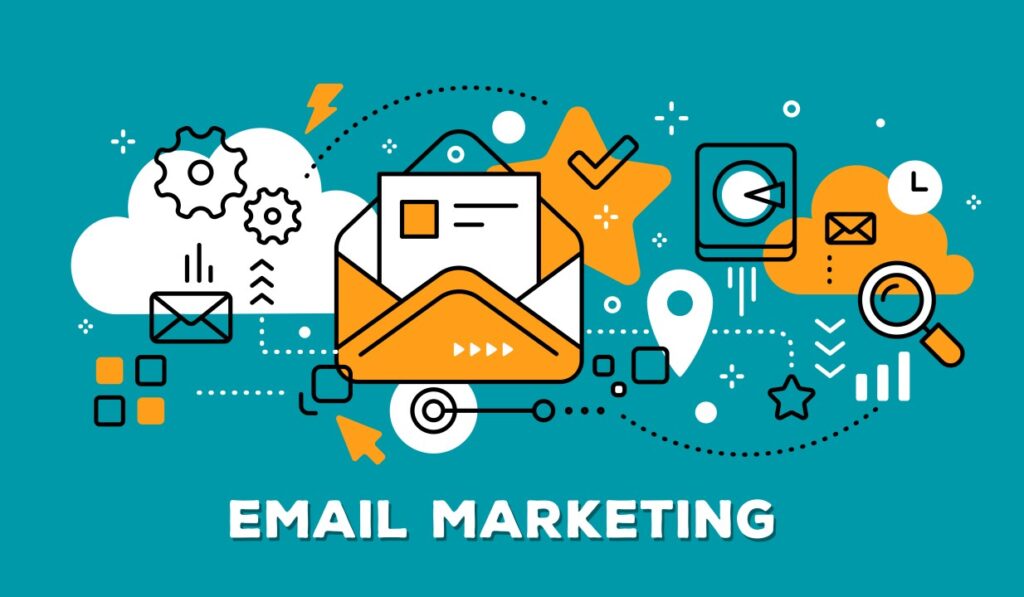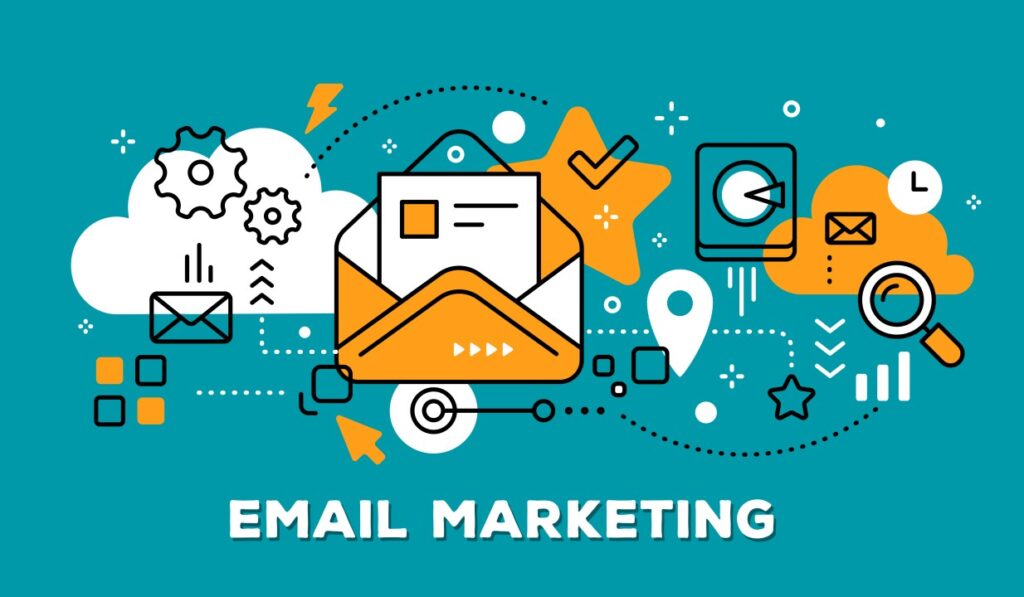In the digital age, where the landscape of marketing and communication continues to evolve rapidly, email list building emerges as a cornerstone strategy for businesses striving to establish meaningful connections with their audience. In this comprehensive blog post, we delve into the essence of email list building, exploring its significance, strategies, and profound impact on business growth and engagement.

Understanding Email List Building:
Email list building refers to the strategic process of accumulating a database of email addresses from individuals who have willingly subscribed or opted in to receive communications, updates, and promotions from a business or organization. It involves leveraging various channels and tactics to attract, engage, and convert prospects into subscribers, nurturing long-term relationships and fostering brand loyalty.
Key Components of Email List Building:
- Opt-In Forms and Subscription Mechanisms: Implementing opt-in forms on websites, landing pages, and social media platforms allows businesses to capture visitor information and solicit email subscriptions. These forms may offer incentives such as exclusive content, discounts, or freebies to incentivize sign-ups.
- Lead Magnets and Content Offers: Offering valuable content assets such as e-books, whitepapers, webinars, or email courses serves as an effective way to entice prospects to join the email list. Lead magnets act as valuable resources that address the needs, interests, and pain points of the target audience, compelling them to exchange their contact information for access.
- Engagement and Relationship Building: Building rapport and trust with subscribers is paramount for sustaining long-term engagement and retention. Regularly sending relevant, personalized, and valuable content fosters a sense of connection and loyalty, positioning the business as a trusted advisor and resource in the eyes of the subscribers.
The Importance of Email List Building for Businesses:
Email list building serves as a linchpin strategy that underpins the success of businesses across diverse industries. Its significance stems from a myriad of compelling reasons and tangible benefits:
1. Direct and Personalized Communication:
Email marketing enables businesses to communicate directly with their audience in a personalized and targeted manner. By segmenting subscribers based on demographics, interests, and behaviors, businesses can tailor content and offers to resonate with specific audience segments, driving engagement and conversions.
2. Cost-Effective and High ROI:
Compared to traditional marketing channels, email marketing offers exceptional cost-effectiveness and return on investment (ROI). With minimal overhead costs and the ability to reach a large audience instantly, email campaigns generate measurable results and deliver substantial ROI for businesses of all sizes.
3. Drive Traffic and Conversions:
Email marketing serves as a powerful driver of website traffic, lead generation, and conversions. By strategically incorporating calls-to-action (CTAs) and promotional offers within email campaigns, businesses can direct subscribers to relevant landing pages, product pages, or checkout flows, facilitating conversion opportunities and revenue generation.
4. Build Brand Loyalty and Trust:
Consistent and relevant communication through email builds trust, credibility, and brand loyalty among subscribers. By delivering valuable content, insights, and exclusive offers, businesses nurture meaningful relationships with their audience, fostering brand advocacy and long-term customer retention.
5. Insights and Analytics:
Email marketing platforms provide robust analytics and insights that enable businesses to track performance metrics, monitor engagement levels, and iterate on strategies for continuous improvement. By analyzing open rates, click-through rates, and conversion metrics, businesses gain valuable insights into subscriber preferences and behavior, informing future campaign optimizations.

Strategies for Effective Email List Building:
To maximize the effectiveness of email list building efforts, businesses can employ the following strategies:
- Create Compelling Lead Magnets: Develop high-quality lead magnets that address specific pain points and offer tangible value to prospects.
- Optimize Opt-In Forms: Design visually appealing and user-friendly opt-in forms that capture attention and encourage conversions.
- Segmentation and Personalization: Segment email lists based on demographics, behavior, and preferences, and personalize content to cater to the unique needs of each segment.
- Engagement and Nurture Campaigns: Implement automated email sequences and nurture campaigns to onboard new subscribers and guide them through the customer journey.
- Monitor and Iterate: Continuously monitor email performance metrics and experiment with different tactics, subject lines, and content formats to optimize engagement and conversion rates.

In Conclusion:
Email list building stands as a foundational strategy for businesses seeking to establish meaningful connections, drive engagement, and foster brand loyalty in today’s competitive landscape. By adopting a strategic approach to email marketing, businesses can unlock the full potential of their subscriber base, nurturing relationships, driving conversions, and achieving sustainable growth in the digital age. Embracing the power of email list building empowers businesses to cultivate thriving communities of engaged subscribers, poised to champion their brand and contribute to their long-term success.


